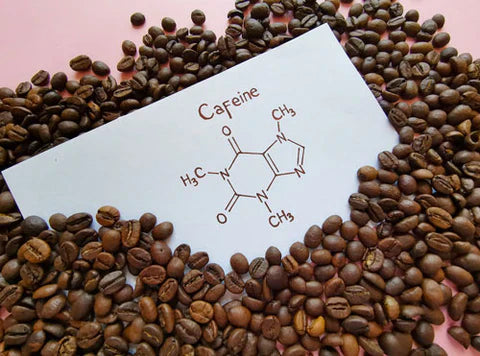
Caffeine: Magic Booster or Hidden Danger? Introduction
Share
Caffeine is one of the most widely consumed stimulants in the world. Found in coffee, tea, energy drinks, and some supplements, it's known to increase energy, focus, and athletic performance . But is it really safe?
1. The benefits of caffeine
-
Energy and alertness ⚡: stimulates the central nervous system and reduces the feeling of fatigue.
-
Sports performance 💪: improves endurance, strength and concentration during training.
-
Thermogenic effect 🔥: helps burn more calories by boosting metabolism.
-
Mood 🙂: Can improve motivation and mood, especially when feeling tired.
2. The potential dangers of too much caffeine
-
Insomnia and nervousness 😵: excessive consumption disrupts sleep and increases anxiety.
-
Addiction : Abrupt cessation can cause headaches, irritability, and fatigue.
-
Cardiac effects ❤️: palpitations and increased blood pressure if overconsumed.
-
Digestion : May cause gastric reflux or digestive discomfort in some people.
3. What dose is safe?
-
General recommendations : max. 400 mg per day for a healthy adult (≈ 3 to 4 coffees).
-
Timing : Avoid caffeine 6 to 8 hours before bedtime to avoid disrupting sleep.
-
Supplements : Watch out for pre-workouts, energy drinks, and capsules that can contain high doses.
4. Magic booster or hidden danger?
👉 Caffeine is an effective tool for improving energy and performance, but its impact depends on the dose and timing .
-
In small doses : an ally for training and concentration.
-
In excess : a disruptor that can harm sleep, anxiety and cardiovascular health.
Conclusion
Caffeine is neither an enemy nor a magic potion: it's a stimulant to be used in moderation . In the right doses, it remains a powerful booster for your days and your workouts. In excess, it becomes an invisible trap that can affect your health.
